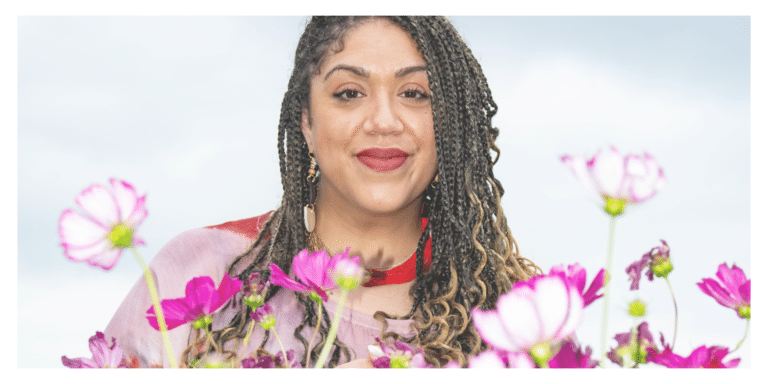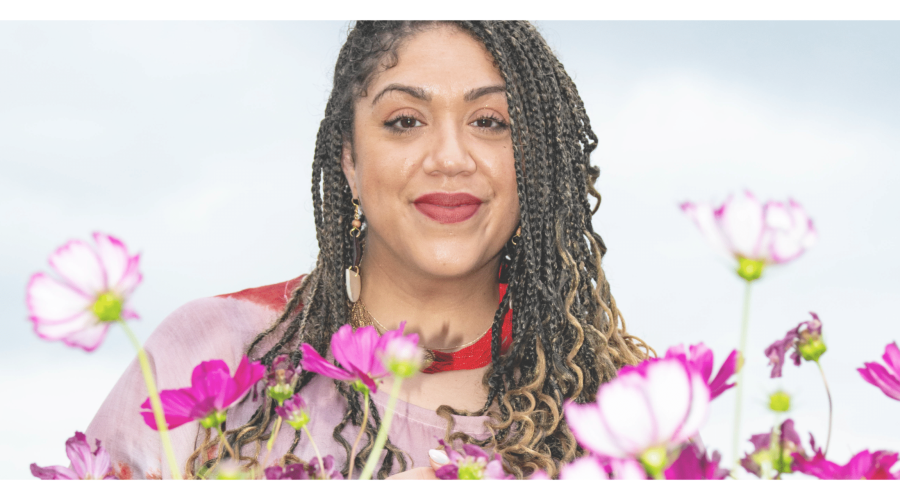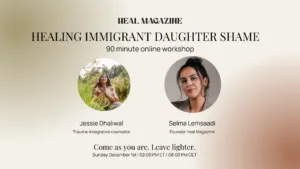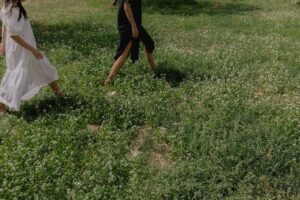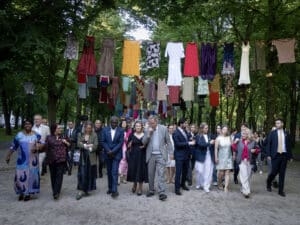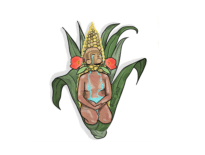Unraveling the threads of intergenerational trauma
Dr. Jennifer Mullan describes herself as a colonial consciousness crusher, ancestral wound worker, scholar activist, intergenerational trauma curse breaker, sister, partner, cat mom, and rage doctor, to name a few. In short, she contains multitudes and is here to remind us that we do as well.
After more than two decades of practice as a clinical psychologist, Mullan was burned out and disillusioned by Western traditional psychology. She recognized that the theories, ethics, and policies she had learned weren’t serving the people she was there to help, especially those in the QBIPOC community. She understood that her patients’ stories came with deep-rooted histories attached, histories that were often impacting them in powerful yet unconscious ways. In 2017, Mullan launched the Decolonizing Therapy Instagram page (@decolonizingtherapy) to address these histories and share messages of political, ancestral, and therapeutic well-being with those who need to hear them.
Decolonzing therapy to heal intergenerational trauma
Decolonizing Therapy has since grown into a thriving movement of individuals, healers, and practitioners who seek to unlearn colonial methods of psychology in favor of a new model of mental health that makes room for a full spectrum of identities and situates them within their larger cultural contexts. As she puts it on her website, decolonizing therapy is about “shining a bright and loving light on the core wound of colonialism so that we can begin to heal.” Mullan has been featured everywhere from GQ to ESSENCE and her debut book Decolonizing Therapy: Oppression, Historical Trauma, and Politicizing Your Practice will be published in November.
In our conversation, we explore Mullan’s journey to where she is now and unpack the topic of intergenerational trauma, from how it manifests to how we can start untangling our stories and begin to heal.
Read the interview in issue 04, now available in our app.


